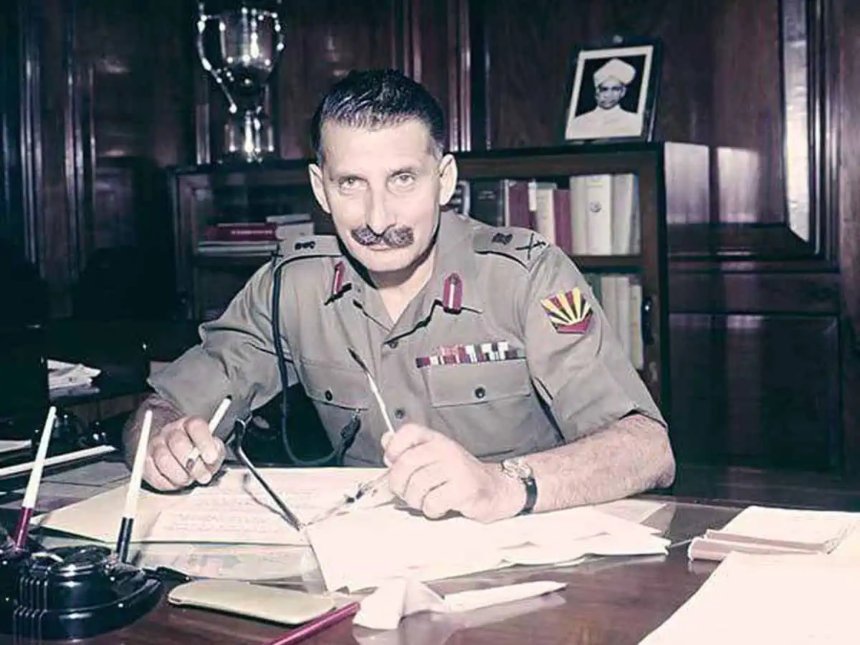Discover the significant occasions and turning points that molded the illustrious military career of Field Marshal Sam Manekshaw, the first Field Marshal of India.
Field Marshal Sam Manekshaw : Introduction
Field Marshal Sam Hormusji Framji Jamshedji Manekshaw, better known as Sam Manekshaw, was a towering figure in the annals of Indian military history. Born on April 3, 1914, in the Punjab Province, he rose to become the Chief of the Army Staff and played a pivotal role in shaping the destiny of the nation through his leadership in the Indo-Pakistan War of 1971.
ALSO READ : Jaswant Singh Rawat : The Valiant Soldier Who Defended India Against Chinese Forces In 1962
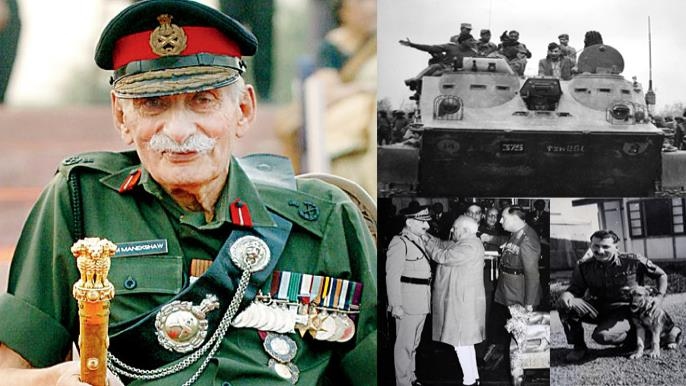
Early life and military journey
Sam Manekshaw’s journey began in Amritsar, where he was born to Dr. Hormizd and Hilla Manekshaw. Despite initial reservations from his father about pursuing a medical career, Sam’s destiny took a different turn when he joined the Indian Military College in 1932. His military career officially commenced on February 4, 1935, when he was commissioned and assigned to the 2nd Battalion of Royal Scots in Lahore.
The outbreak of World War II in 1939 marked the beginning of Manekshaw’s extensive and illustrious military service. He served in Burma with distinction, earning the Military Cross for his bravery in the face of Japanese forces. His resilience and leadership during this period laid the foundation for his future successes.
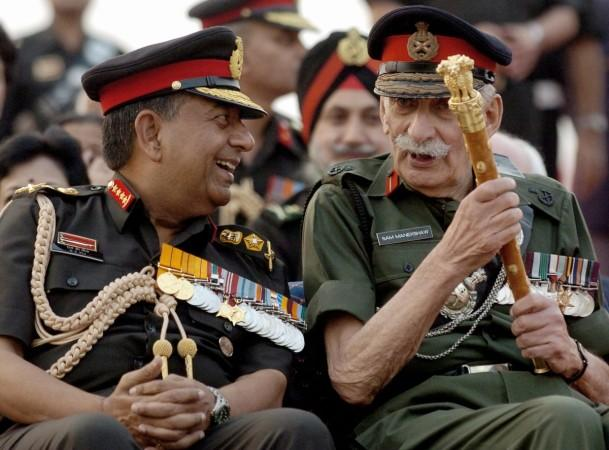
Rise through the ranks
Post-independence, Manekshaw played a crucial role in the integration of Kashmir into India, showcasing his strategic foresight. Over the years, he rose through the ranks, attending the Imperial Defense College in London in 1957 and eventually being appointed as the Chief of the Army Staff on June 8, 1969.
A visionary leader, Manekshaw transformed the Indian Army, emphasizing equal opportunities for all and opposing reservations based on caste. His leadership style earned him the nickname ‘Sam Bahadur,’ reflecting the respect and admiration his troops held for him.
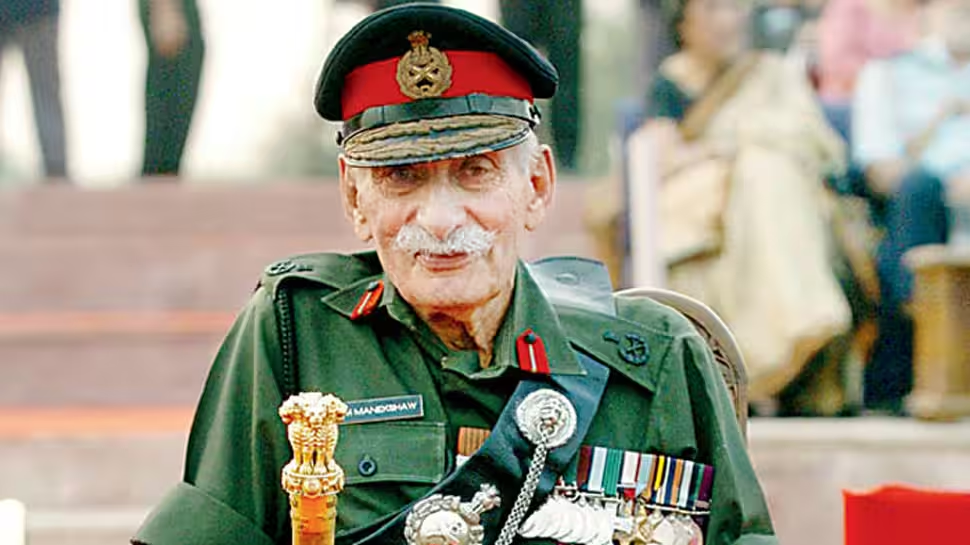
Leadership in Indo-Pakistan wars
1947 – The birth of a leader
Post-partition, Manekshaw’s journey continued as he transitioned to the 8th Gorkha Rifles. His foresight became evident in 1947 when, as the commanding commander of the 3rd Battalion, 5 Gorkha Rifles, he advocated airlifting the Indian Army into Kashmir. This strategic move, coupled with his vigilance, played a crucial role in preventing the takeover of Kashmir by Pakistan.
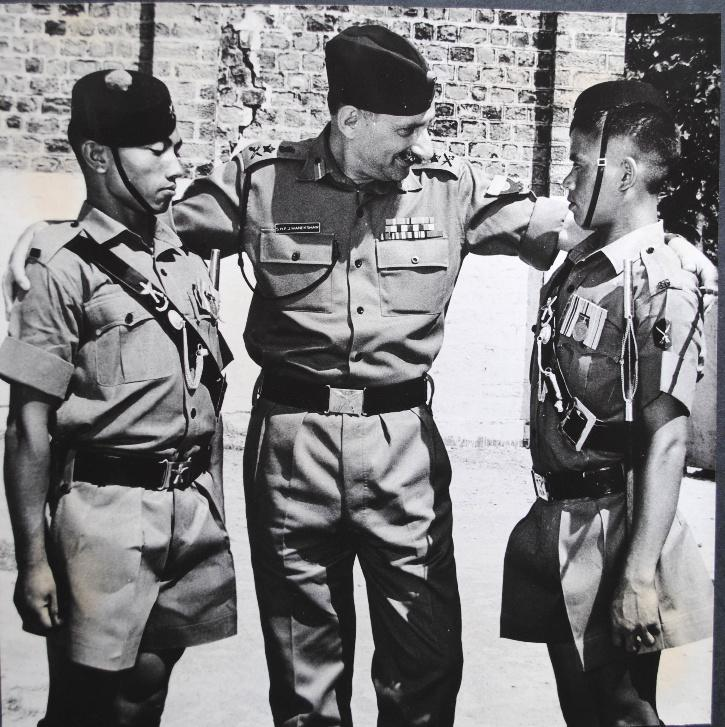
1971 – A war hero emerges
Fast forward to the Indo-Pakistan War of 1971, where Sam Manekshaw’s strategic brilliance shone. Faced with challenges, including Himalayan mountain passes and the risk of a Chinese invasion, he devised a comprehensive plan. His leadership, combined with support from the Mukti Bahini, led to a decisive victory. By December 16, 1971, over 90,000 Pakistani soldiers surrendered, marking the birth of Bangladesh and establishing Manekshaw as a war hero.
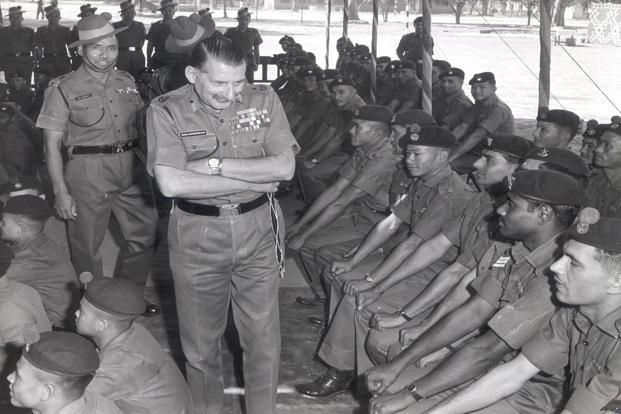
Later life and legacy
Field Marshal Sam Manekshaw’s post-retirement life was marked by honors and recognition. He was awarded the Padma Vibhushan in 1972 and became India’s first Field Marshal on January 1, 1973. Despite bureaucratic hurdles, his legacy endured.
Sam Manekshaw passed away on June 27, 2008, at the age of 94. His contributions are commemorated every year on Vijay Diwas, celebrating India’s victory in the 1971 war. The Manekshaw Center in Delhi Cantonment stands as a testament to his impact on the Indian Army, hosting significant events and conferences.
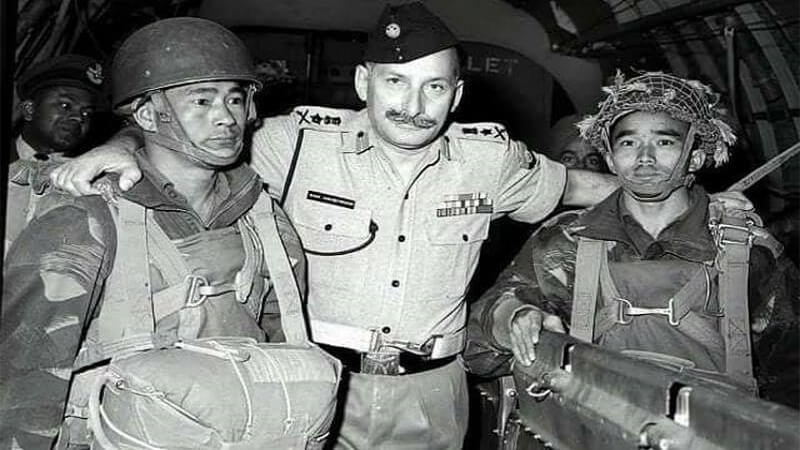
Famous quotes
Manekshaw’s wisdom transcends battles. His quotes on leadership, professionalism, and courage serve as guiding principles for generations. Some memorable ones include:
- “A ‘yes man’ is a dangerous man. He can never become a leader nor ever be respected.”
- “Professional knowledge and professional competence are the main attributes of leadership.”
- “If a man says he is not afraid of dying, he is either lying or is a Gurkha.”
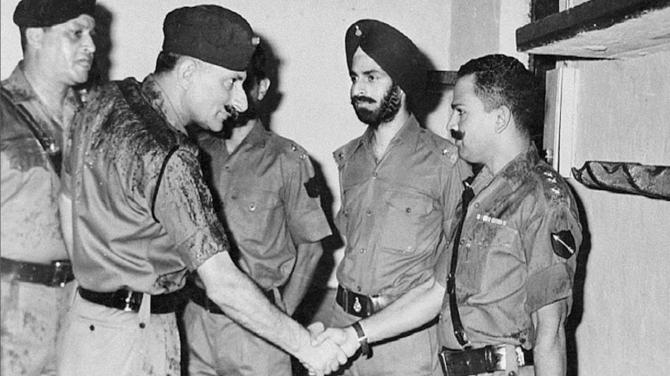
Conclusion
In conclusion, Field Marshal Sam Manekshaw’s life is a saga of dedication, resilience, and triumph. His leadership during the 1971 war not only secured India’s victory but also solidified his place as one of the most revered military minds in the nation’s history. The echoes of his strategic brilliance and unwavering commitment continue to resonate in the annals of India’s military achievements.
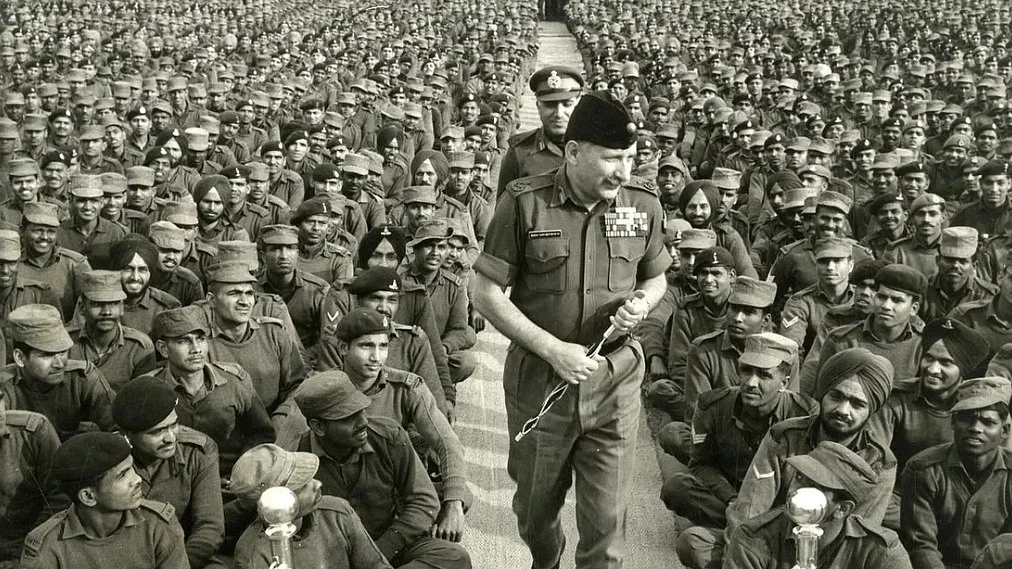
To explore more news : Click Here
ALSO READ : Prithviraj Chauhan : The Last Hindu Emperor Of Northern India – A Saga Of Resilience And Valor







